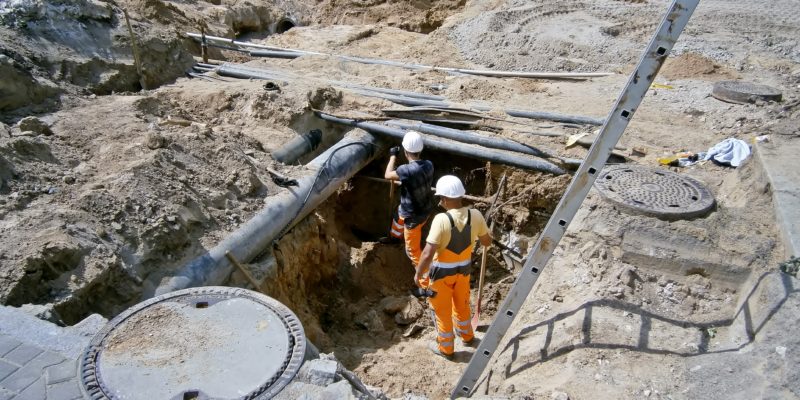JUNE 30, 2022
AUTHORS: Michelle Holder & Shaun Harrison
Overview
President Joe Biden, in November 2021, signed the Infrastructure Investment and Jobs Act into law, providing $1.2 trillion in new government investments to create millions of jobs, increase U.S. economic competitiveness abroad, and help address the climate crisis. The multiple provisions of the law are now or will soon:
- Create hundreds of thousands of jobs within the transportation sector, with investments in passenger and freight rail, bridges, roads, airports, ports, and public transit
- Guarantee safe drinking water by eliminating the nation’s lead-tainted service lines, especially in disadvantaged communities that need refurbishing the most
- Reduce supply chain bottlenecks to help ease inflation and lower the cost of goods and services
- Build a national network for electric vehicle charging stations
- Manufacture solar panels, wind farms, batteries, and electric vehicles to help address climate change
- Make high-speed internet affordable and accessible
These much-needed investments are not only delivering significant macroeconomic benefits now, and will continue to do so well into the future, but also potentially addressing longstanding economic inequalities. Indeed, the new infrastructure investments and the jobs created by these investments can reduce these inequalities, increase unionization, and address climate change because they rest on sound economic principles.

